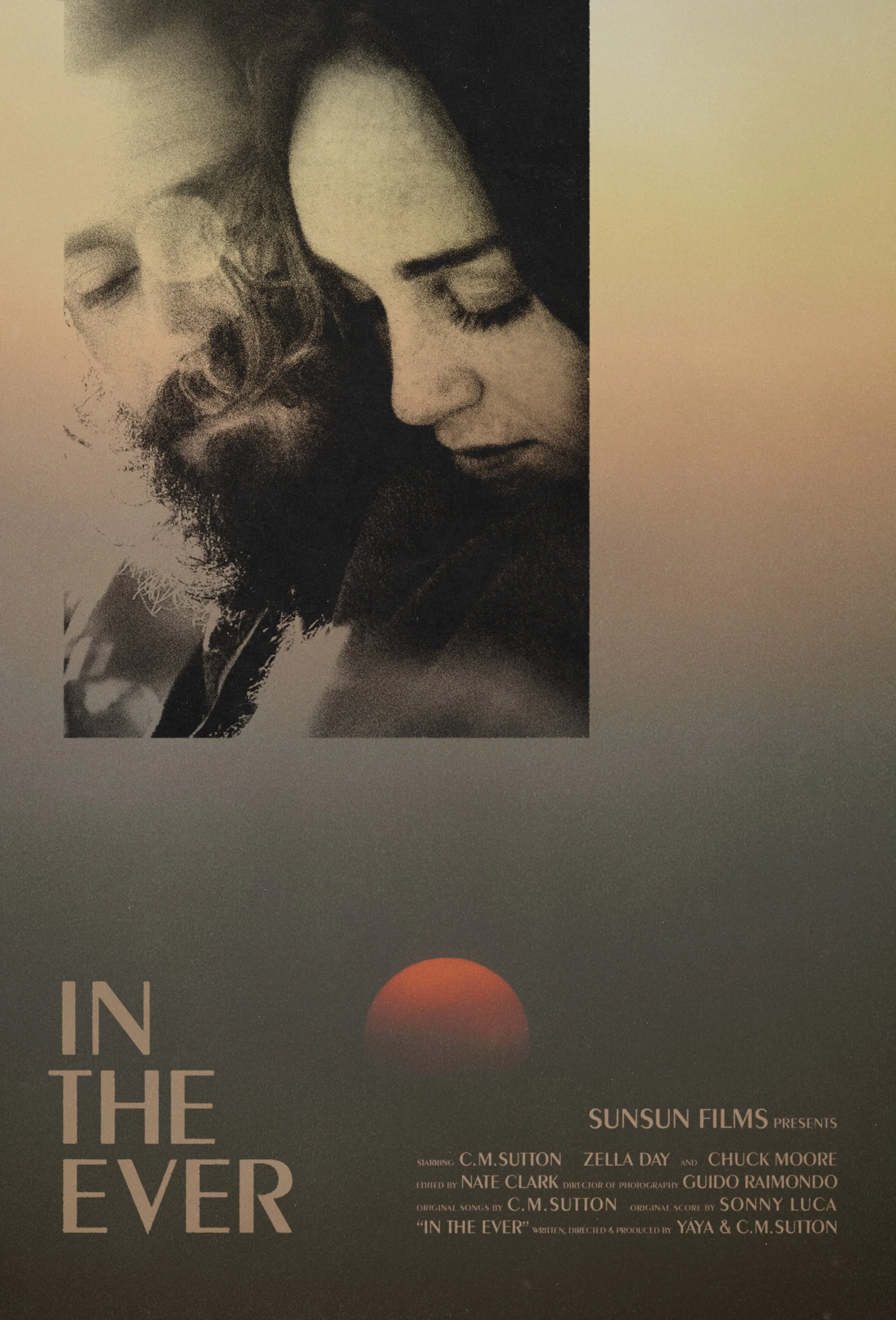When a mechanic’s private tribute to his absent parents becomes a 1972 Billboard hit, his personal pain becomes uncomfortably public. Unable to write music in the aftermath of fame, he withdraws to the Californian desert to recover and finds himself in a love affair with his married neighbor.
LOGLINE
GENRE
Drama, Emotional, Period Piece, Music, Love Story
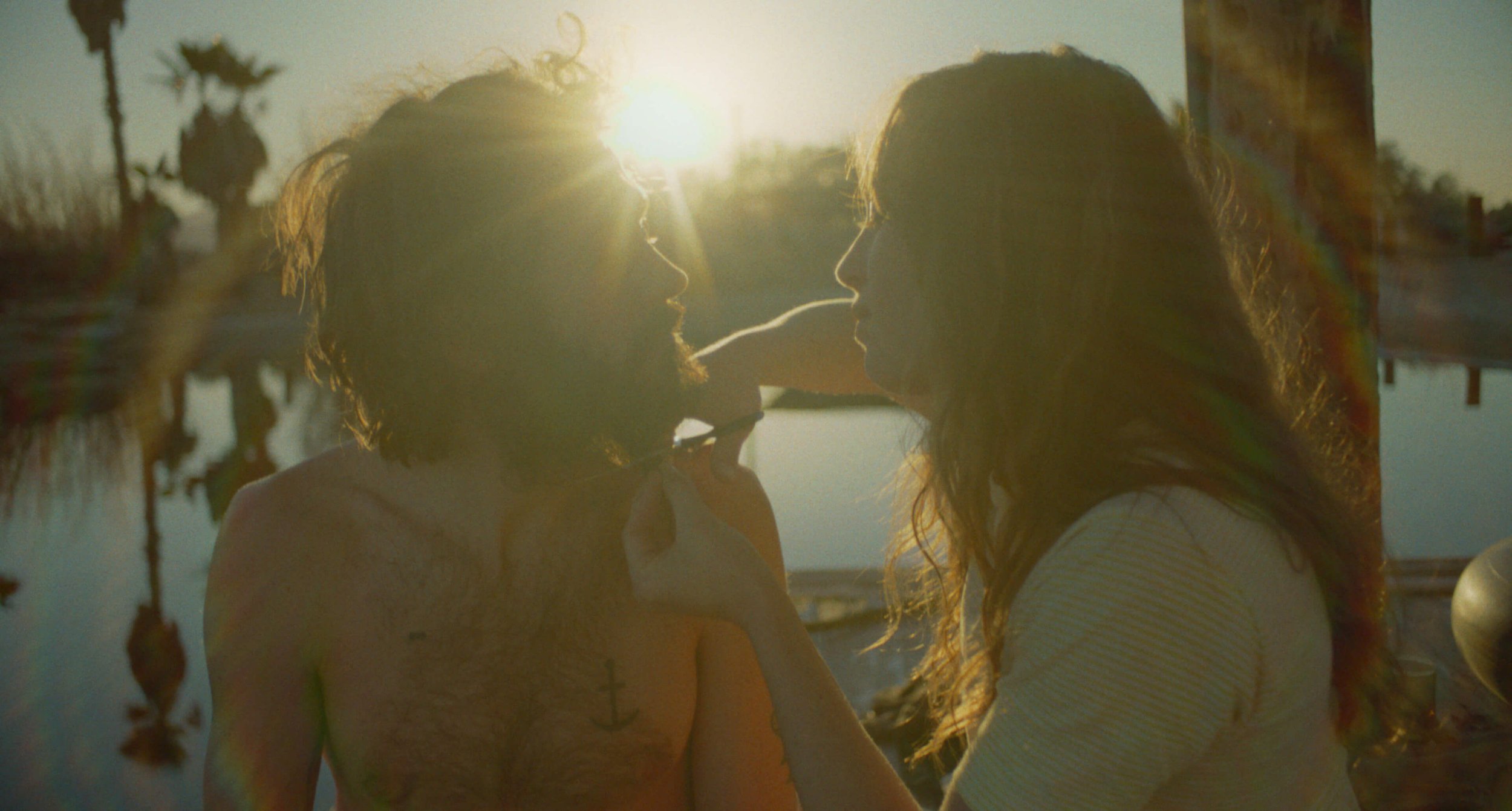
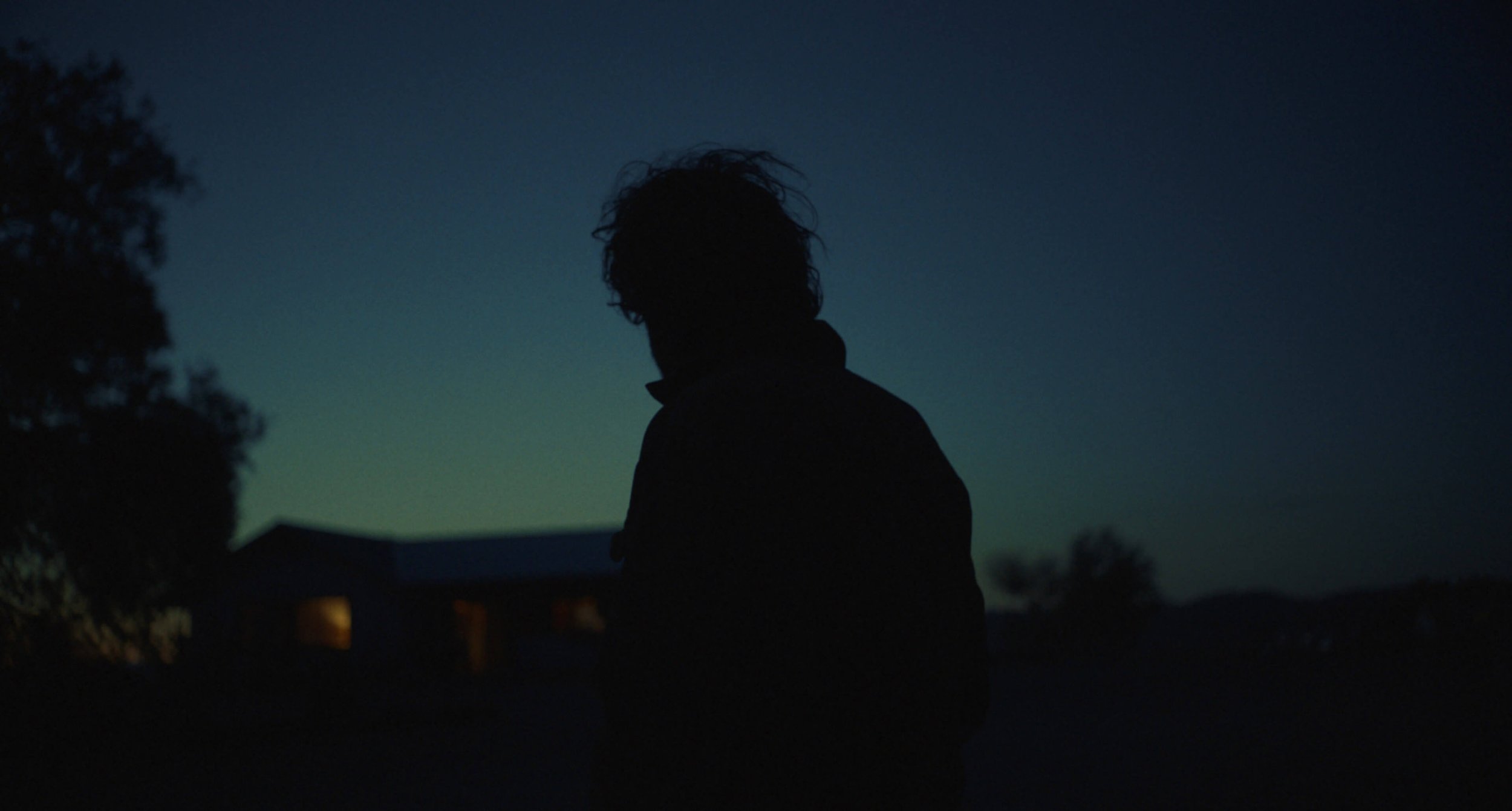
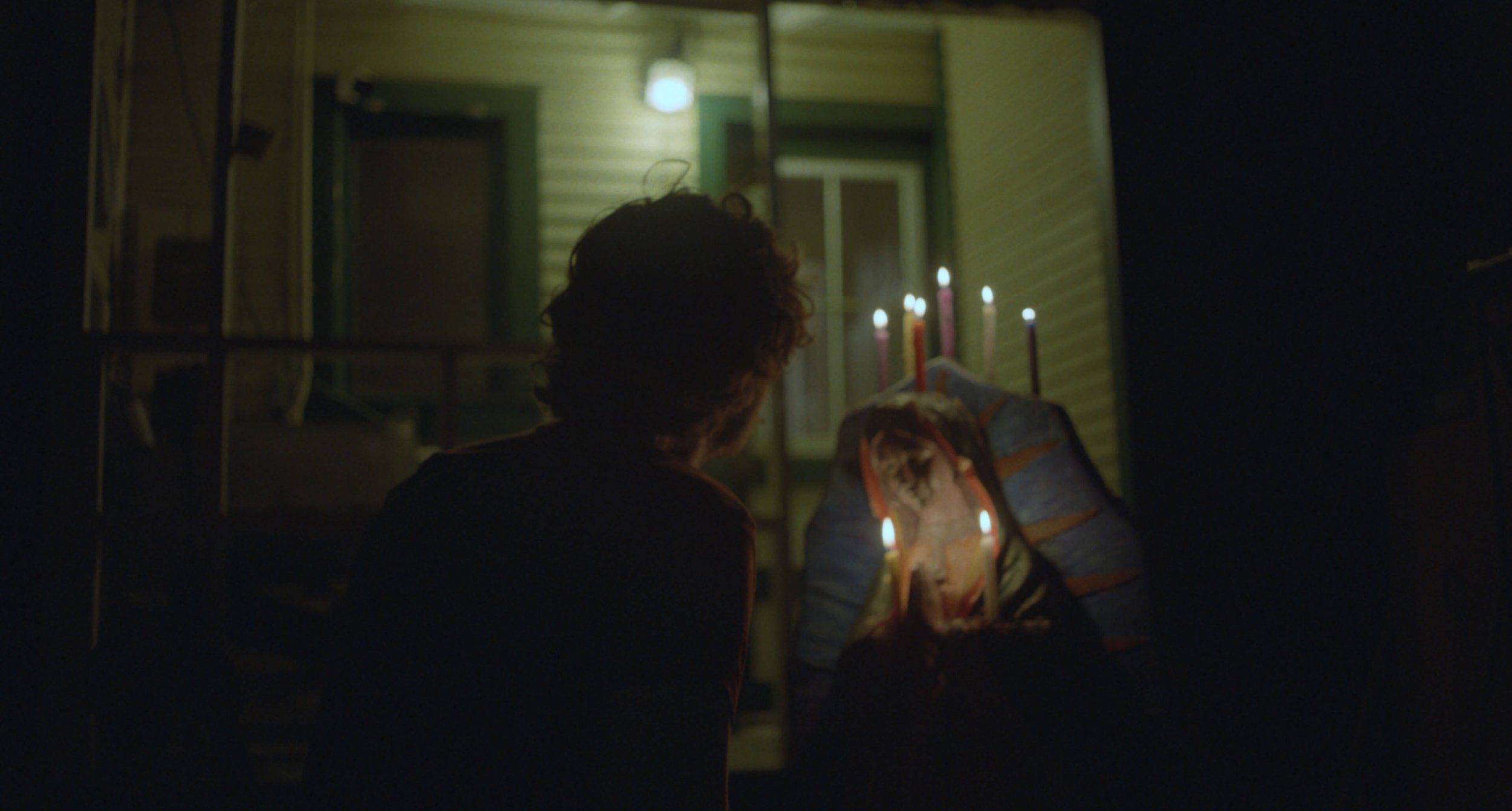
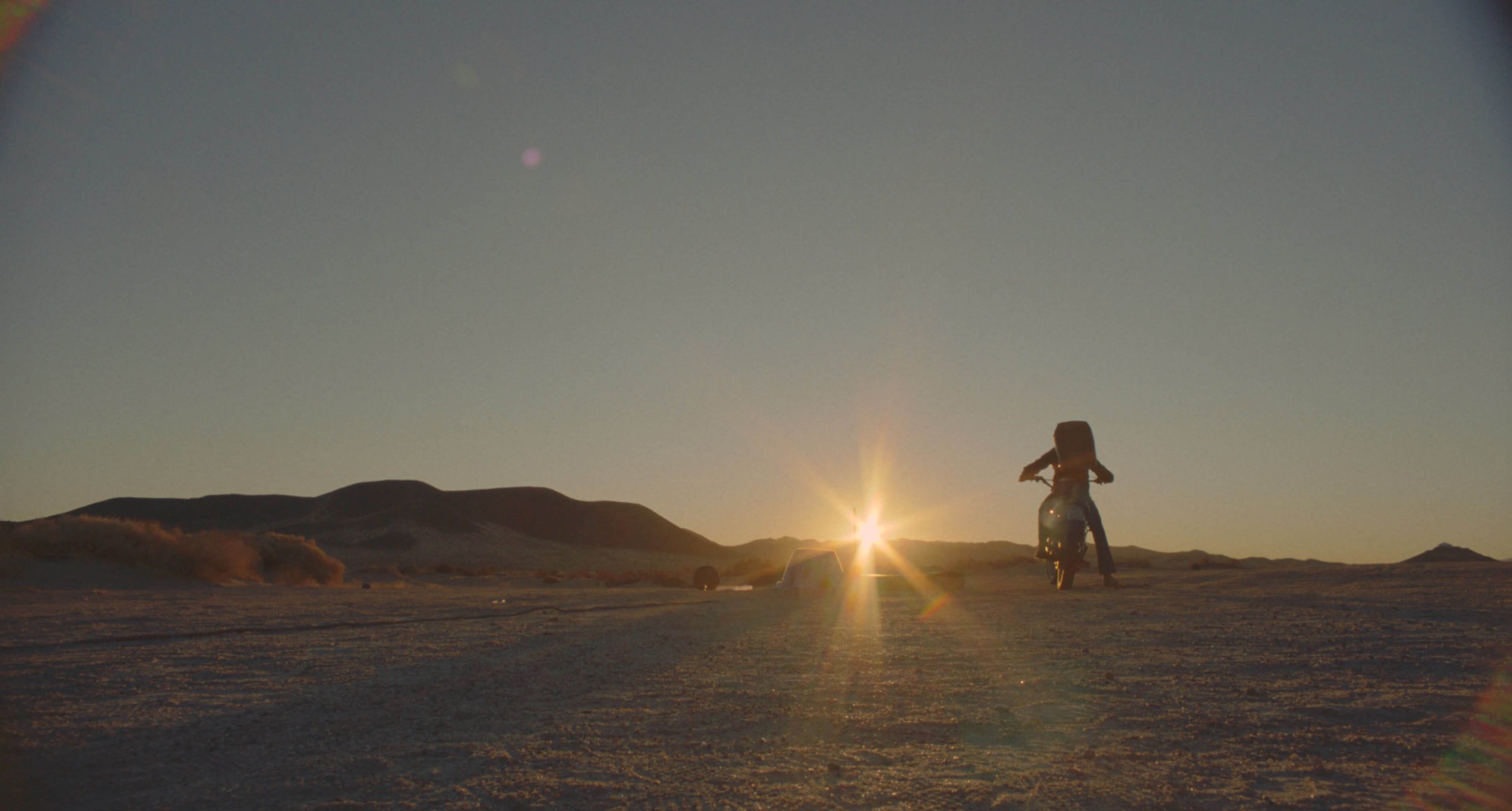
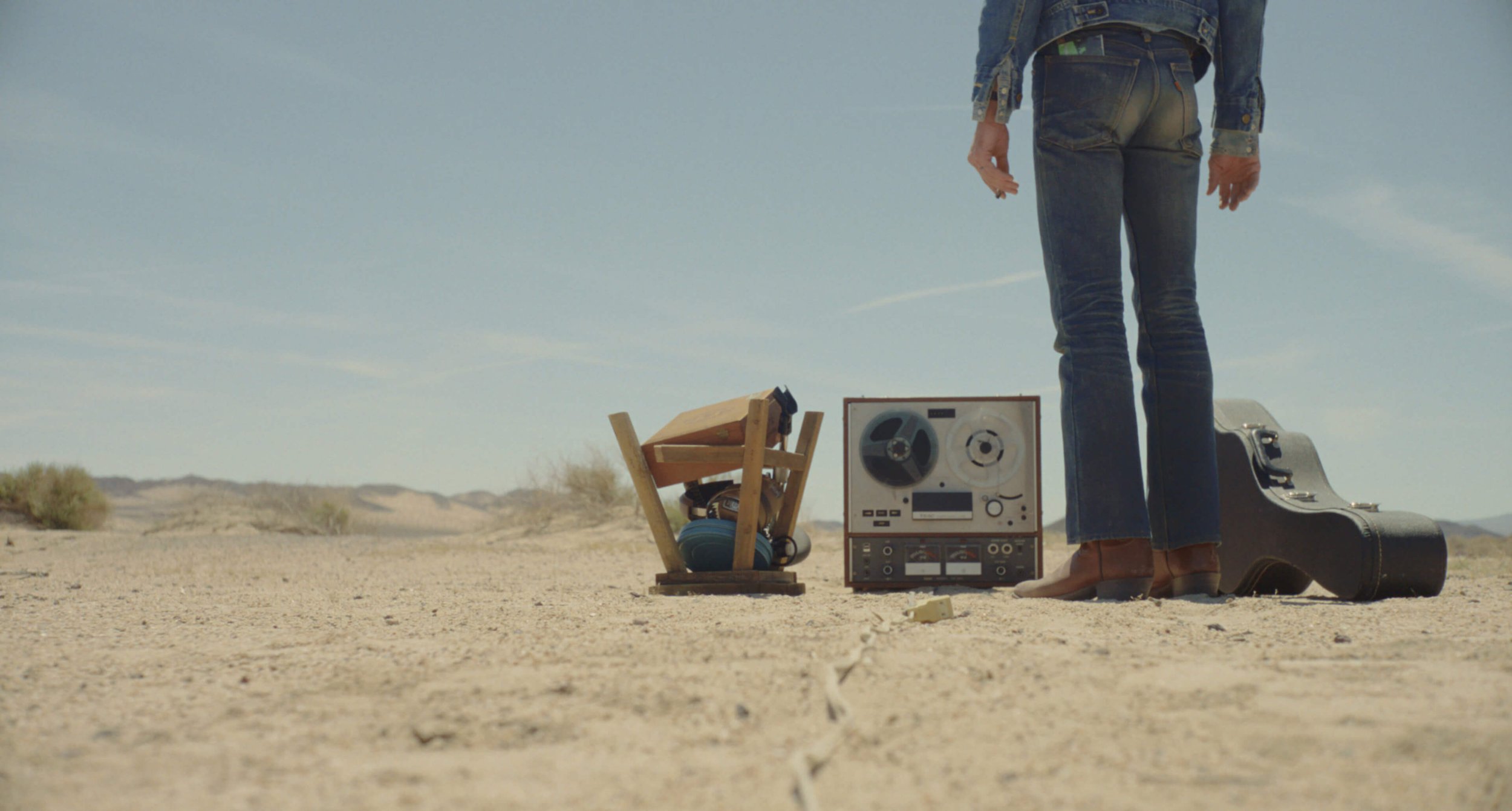
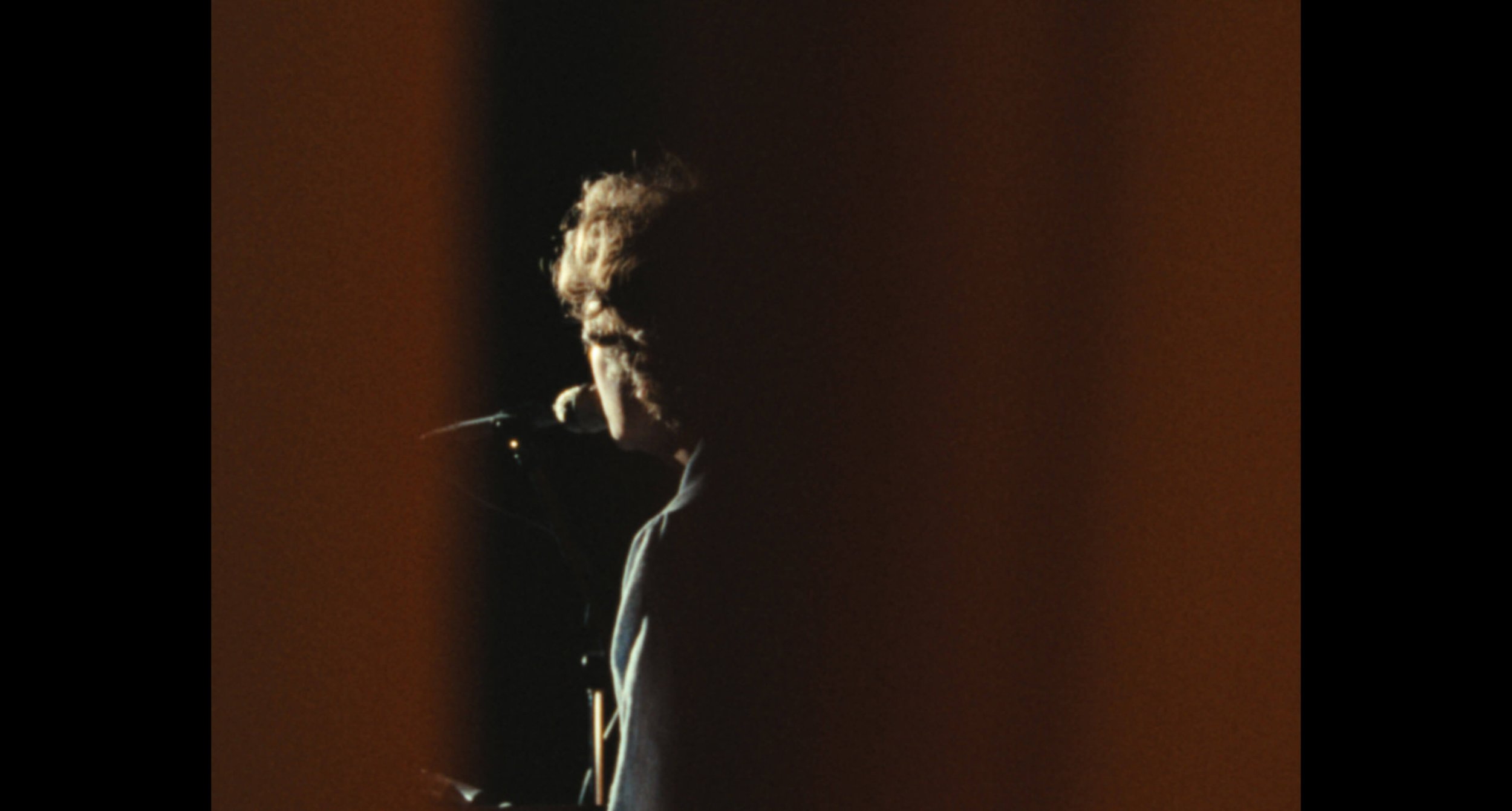
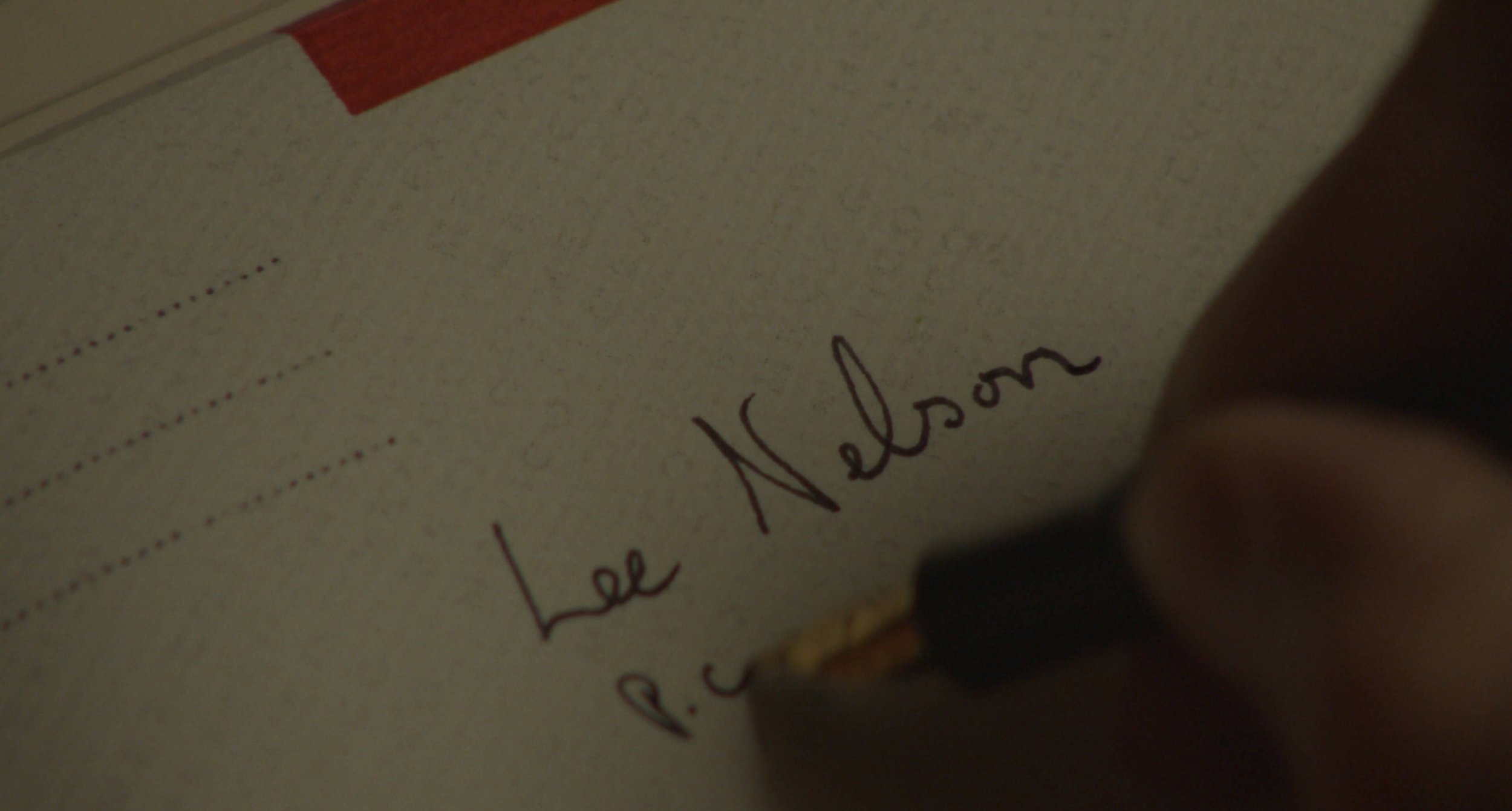
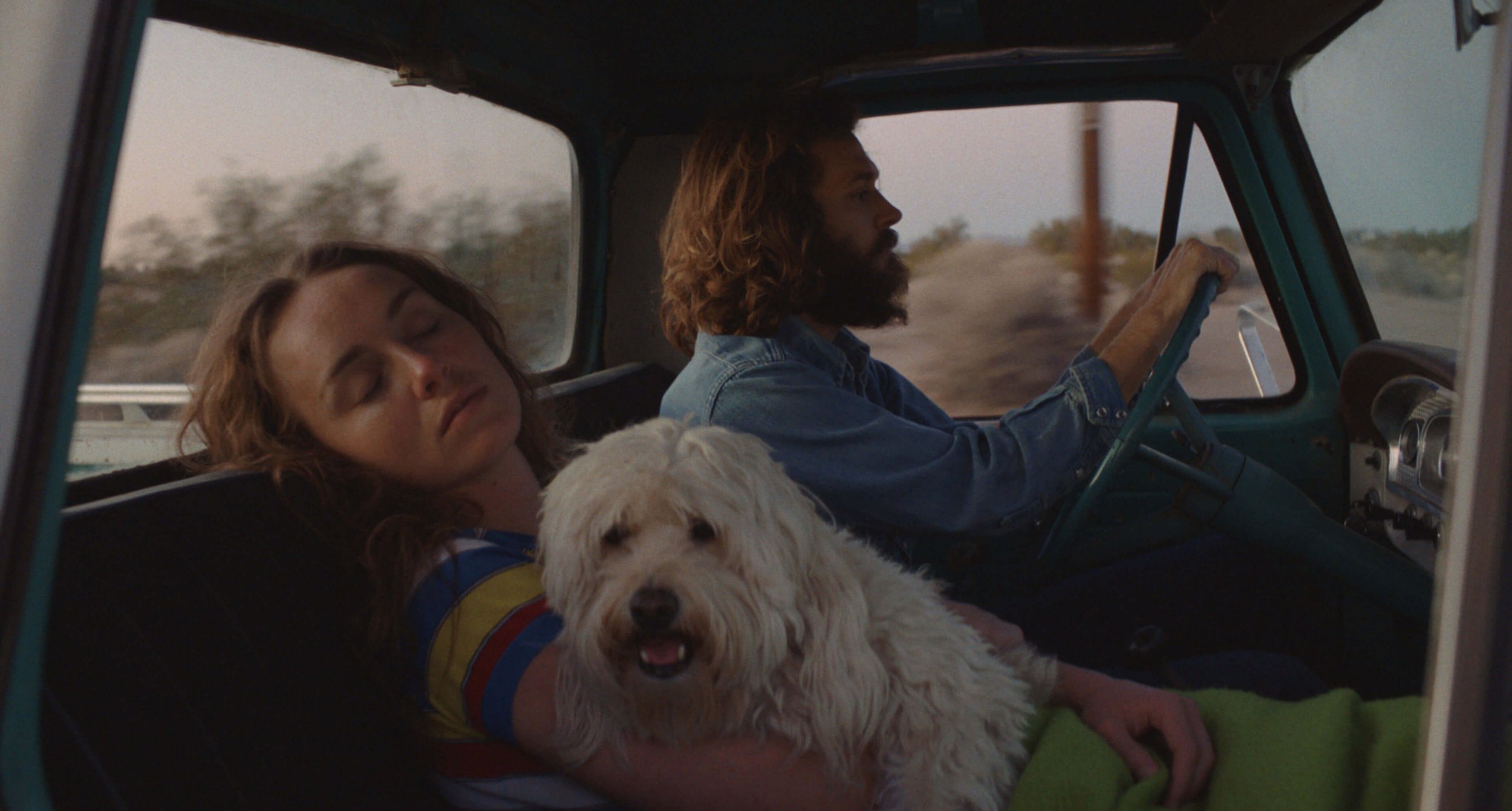
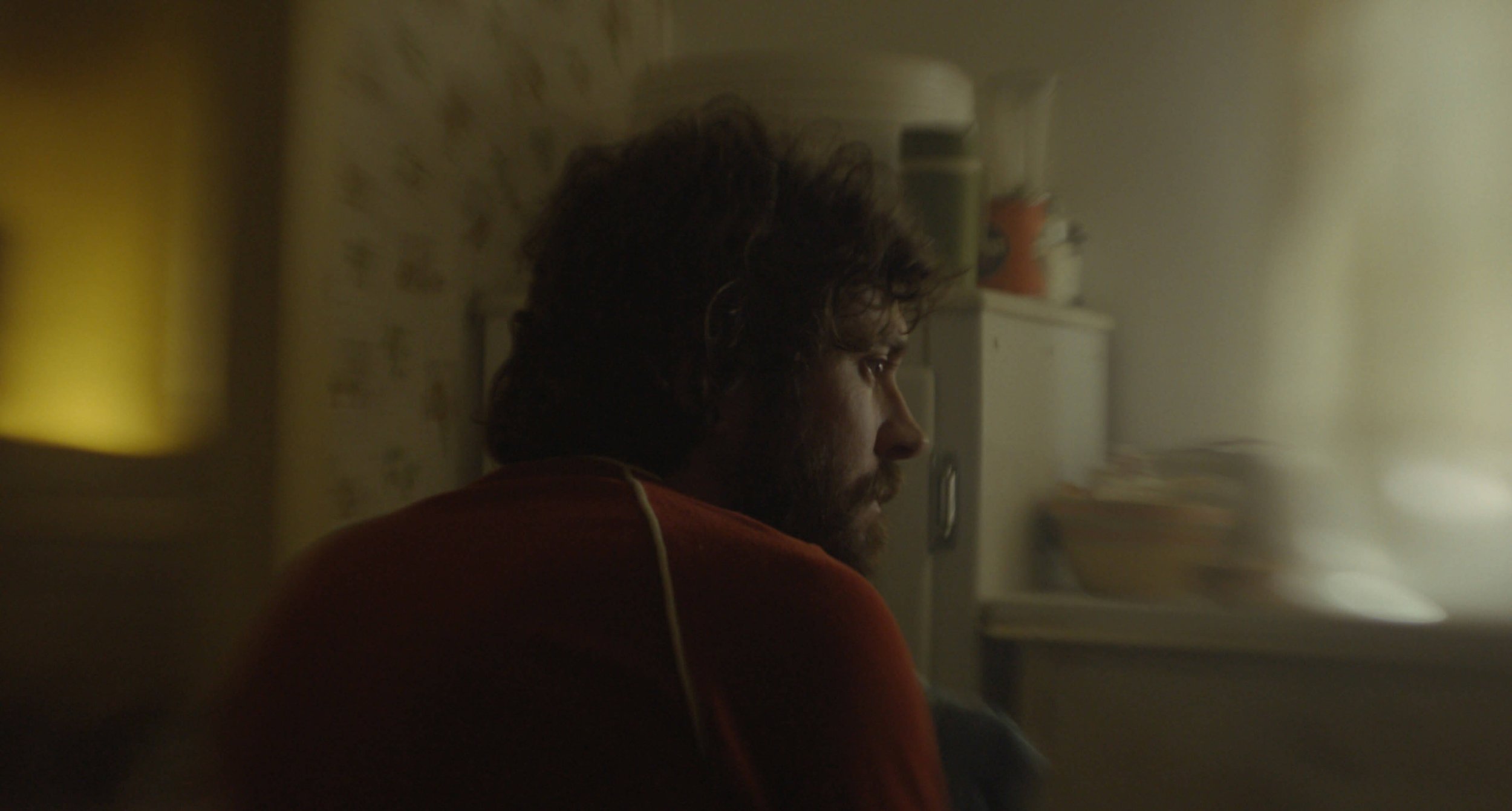
Director’s Statement
When I (Yaya) was growing up, it was not uncommon for me to meet a stranger who, upon hearing my last name, would remark that my dad’s story changed their life. Both of my dad’s parents were abusive, their pain passed on to him. He spoke of it publicly with thousands of people, leading recovery groups to help others heal their own lives. As a kid, dysfunctional memories were passed over the dinner table with the bread plate, commonplace. Things that might have been family secrets in another household were printed neatly in Times New Roman as talking points for my dad’s upcoming meeting, his stack of papers waiting on the kitchen counter next to my biology homework. I sometimes feared if he mined too much of himself to strengthen others, his own bones might become brittle.
My father plays Larry Baros in In The Ever. He lent Larry his own history, showing photos of his actual mother, my grandmother, to the camera.
I (C.M.) grew up in a family where everyone knew what to expect; our days sheened over with evangelical niceness. The right opinions were determined in advance, so no discussions went off course. Everything else existed in a crowded silence.
I never saw my mother emotional about her childhood. Factually, I know her mother died when she was two. Her stepmother is the only mother she remembers having, but by the time she was ten, that stepmother died, too. She doesn’t like to talk about it.
When we adopted my sister, her parents were alive somewhere but couldn’t take care of her. Her file at the orphanage said her parents used to leave her home alone for days, bruises on her legs. My sister was in her upper twenties before I heard her talk about what she remembers. She’s never found her biological parents.
The unexpressed grief all around me was channeled into this film.
In The Ever explores our shared sense that sadness clings to our lives until we do something with it— whether we want it to or not, whether we share it with other people or keep it silent. In all cases, we rely on beauty and imperfect resilience to find our way forward.
Yaya & C.M. Sutton are American filmmakers and entrepreneurs based in Los Angeles, California. Yaya wrote, directed, and produced her first film, In The Ever, alongside her work founding canned-water company American Water and co-leading Dot Dash, a full-service digital agency whose clients include Procter & Gamble, FotoFocus, and MailChimp.
C.M. is the travel editor for Uncrate, working with brands like Ralph Lauren, Rimowa, Leica, and Omega, with a background as a jean maker. In addition to writing and directing, C.M. is responsible for production and costume design for In The Ever. C.M. is also the lead actor and wrote the original songs for the film.
C.M. Sutton https://www.instagram.com/c.m.sutton/
Zella Day: https://www.instagram.com/zelladay/
Guido Raimondo: https://www.guidoraimondo.com/
Nate Clark: https://www.nateclark.video/
Synopsis
Mechanic Sam Ellis hasn’t talked about his mother for over two decades. On the 25th anniversary of her death, he rents a remote ranch bunkhouse. He stretches extension cords out into the desert to plug in a 4-track recorder where no one can hear him sing what he remembers. Sam writes song after song, 20 songs in all, and returns home to Los Angeles to bury the tape in his backyard-– a replacement for the funeral he never got to attend.
Through a fluke of fate, Sam’s singing is overheard through an open window by a music executive, Larry Baros. Larry sees the potential in Sam, signs him to a record contract, and Sam becomes unexpectedly famous. The songs he recorded in the desert as a private tribute to his mother play on radios across the country. It is such an unlikely series of events that Sam is convinced his mother must have orchestrated it. Fans are moved by the vulnerability and raw emotion present in Sam’s music, relying on his songs to get through their own tragedies and personal disasters. Sam likes the idea that the bad things that have happened to him can somehow help other people, but the overexposure of fame and the fast pace of the tour exhausts him. Unprepared for the realization during a press interview that his mother’s overdose was a suicide rather than an accident, Sam cancels his tour and locks himself in his house for eight months. While inside, he turns the same age as his mom was when she killed herself. Sam begins to fear he will harm himself, too. He asks Larry to take him to the desert to see if he can go through the motions again and lay her to rest this time. When Sam arrives at the bunkhouse, he is unable to write, faced with flashbacks of recording there two years earlier and the memories those songs represent.
Sam's reflections are interrupted by the landowner’s wife, Lee Nelson. As the only two people around for miles, Lee and Sam strike up a friendship that quickly becomes a love affair.
The harsher realities of life seem distant, and time slows to a pace where each hour is like a year. A seeming eternity allows both Lee and Sam to sink into the comfort of mutual understanding, a shared experience of existing together joyfully in the dry simplicity of the desert, an ephemeral love that one can’t speak directly to without spooking it. In this fragile peace, Sam starts to write music again, a love song for Lee that he plays in pieces throughout their days, never showing it to her fully.
When Larry arrives to take Sam back to Los Angeles, Larry brings Sam’s unsettled suffering back to the surface. Sam admits he would rewind time, do things differently, and keep the tape buried in his backyard if he could. He tells Larry he wants to stay at the ranch.
Unexpectedly, Lee goes back to her husband, leaving Sam entirely uprooted and wrestling with what to do next.
Unable to stay where he is and unable to express himself to Lee, Sam stretches a series of extension cords out to the desert and records the love song. He leaves a note behind to tell Larry to release the song and make sure it plays on the radio where Lee can hear it. Leaving the 4-track and the guitar behind, Sam steals Lee’s motorcycle and drives out of sight.
As Lee and her husband drive on a desert highway, the song comes on the radio.
The motorcycle is parked outside a remote hotel. Sam writes a letter in a courtyard; he looks rested and has a beard. Sam’s voiceover that is heard throughout the movie syncs up to the words Sam writes on the paper, his internal reflections revealed as a letter to Lee. He tells her about being a mechanic again and having a good life in the Mexican town she told him about. He invites her to come and see him sometime.
Under a picture of Sam’s mother, a single candle flickers. Sam plays the piano nearby, at peace.
-
It all begins with an idea. Maybe you want to launch a business. Maybe you want to turn a hobby into something more. Or maybe you have a creative project to share with the world.
-
It all begins with an idea. Maybe you want to launch a business. Maybe you want to turn a hobby into something more. Or maybe you have a creative project to share with the world.
-
It all begins with an idea. Maybe you want to launch a business. Maybe you want to turn a hobby into something more. Or maybe you have a creative project to share with the world.
